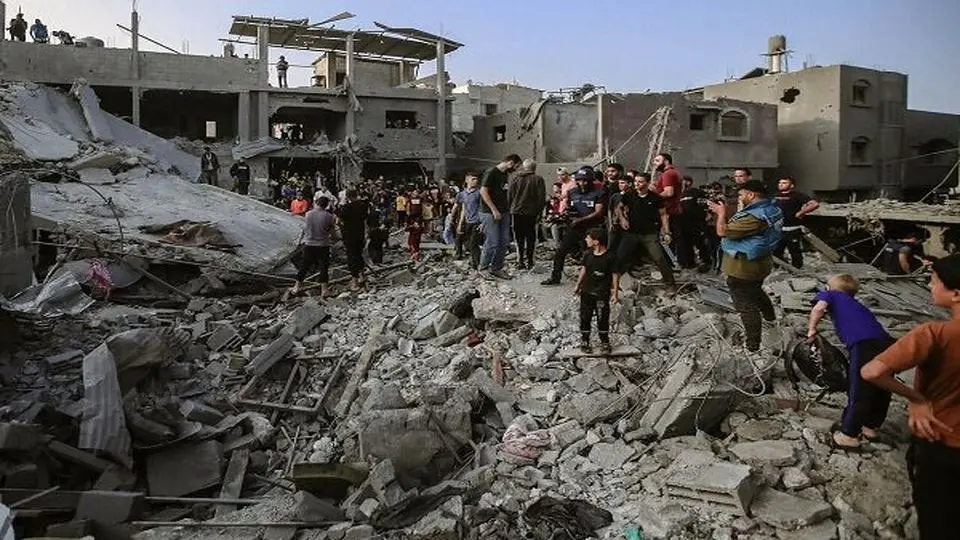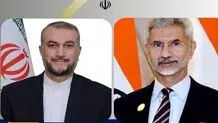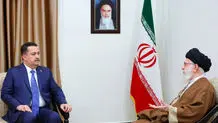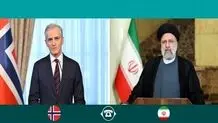Iran warns against repercussions of war on education in Gaza
Iran’s Minister of Cultural Heritage, Handicrafts and Tourism Ezzatollah Zarghami has sent a letter to the head of the UN’s cultural agency, warning against the consequences of the Israeli regime’s Gaza war on education.

MEHR: Iran’s Minister of Cultural Heritage, Handicrafts and Tourism Ezzatollah Zarghami has sent a letter to the head of the UN’s cultural agency, warning against the consequences of the Israeli regime’s Gaza war on education.
Zarghami sent his letter to Audrey Azoulay, the head of the United Nations Educational, Scientific and Cultural Organization, UNESCO, on Monday.
In his letter, the Iranian minister referred to the “extensive genocide” taking place in Gaza and said that the Zionist regime’s attacks are destroying the infrastructures there while killing civilians, especially women and children.
The attacks are also taking away education opportunities from the densely-populated region, and risk destroying historical and cultural monuments in Gaza, which dates back to 5,000 years ago and possesses historical sites such as castles, mosques, and churches, Zarghami said.
He called on UNESCO to take immediate action to protect cultural sites in the occupied Palestinian territories, particularly in Gaza.
The Israeli regime launched the war on Gaza on October 7 after the territory's Palestinian Resistance movements waged the surprise Operation al-Aqsa Storm against the occupying entity in response to the regime’s decades-long campaign of bloodletting and devastation against Palestinians.
The Palestinian Health Ministry in Gaza announced on Monday that the death toll from the incessant Israeli bombardment of the coastal territory stood at 10,022 people, including 4,104 children and 2,641 women. It added that the number of those wounded over the past 31 days had risen to 25,408.
The regime has also cut off one of the most densely-populated places in the world from basic supplies such as water, electricity, medicines, and fuel. Shortage of medical supplies and food has left 2.3 million Palestinians at risk of starvation.
آخرین اخبار Iran را از طریق این لینک پیگیری کنید.




